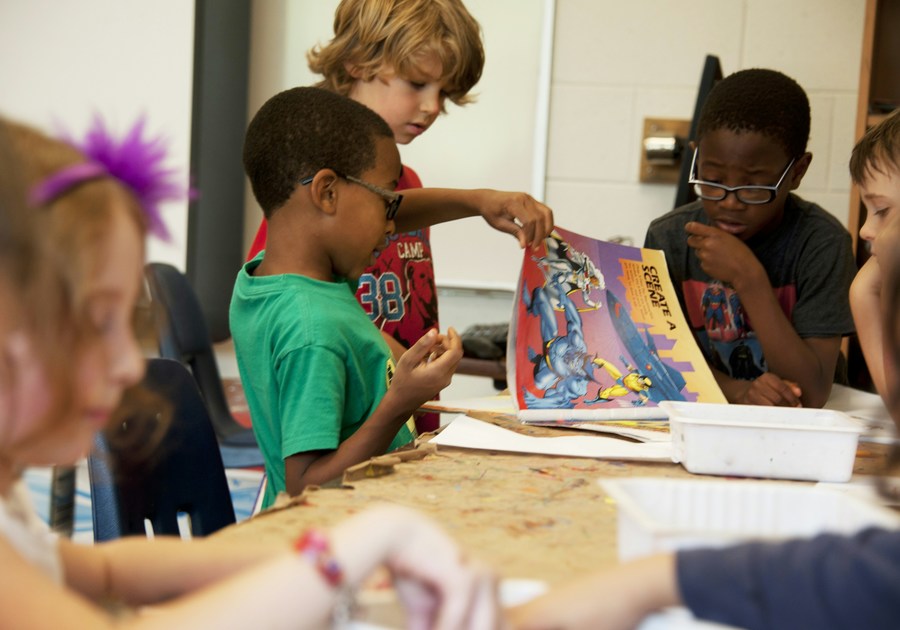
Image Credit: IOFOTO via Canva
A friend who’s a teacher shared some insight with me: rather than focusing solely on drilling math and vocabulary over the summer, it’s helpful for parents to refresh their younger students' memory on the practical tasks they'll need to manage independently at school.
As a mom of two, I see how easy it is to handle little things for my kids without a second thought—whether it’s tying a shoe, opening a container, typing in a password, or buttoning pants. I often remind them to wash their hands or use a napkin at lunch without hesitation.
But in a classroom setting, we can only imagine that managing these tasks becomes more complex, especially with 20 or more students.
So, to help your child (and their teacher!) have a smoother transition, consider practicing these practical skills before they head back to school this year:
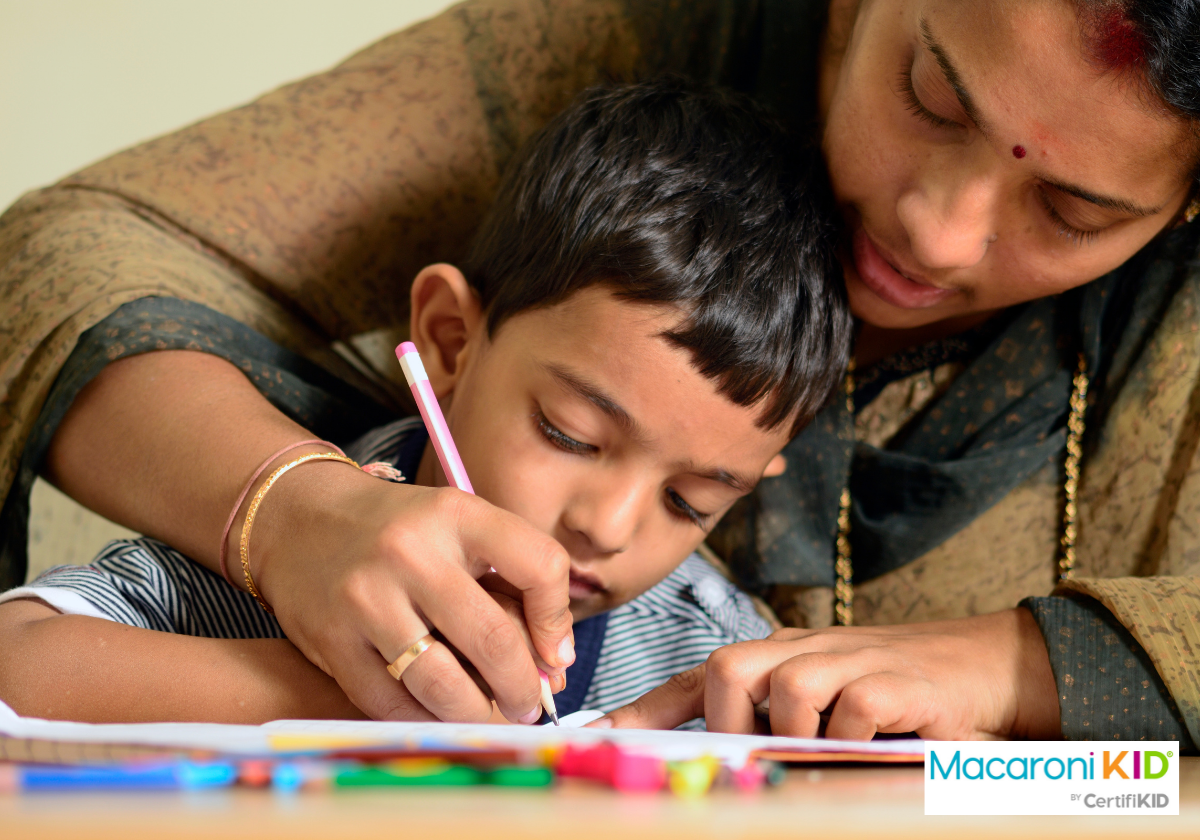 Getty Images Signature via Canva Getty Images Signature via Canva |
In the classroom:
- Write and type their name
- Learn their phone number and address (especially for bus riders)
- Zip and hang up their coat
- Practice wearing a mask correctly, and how to properly wash their hands and use hand sanitizer independently
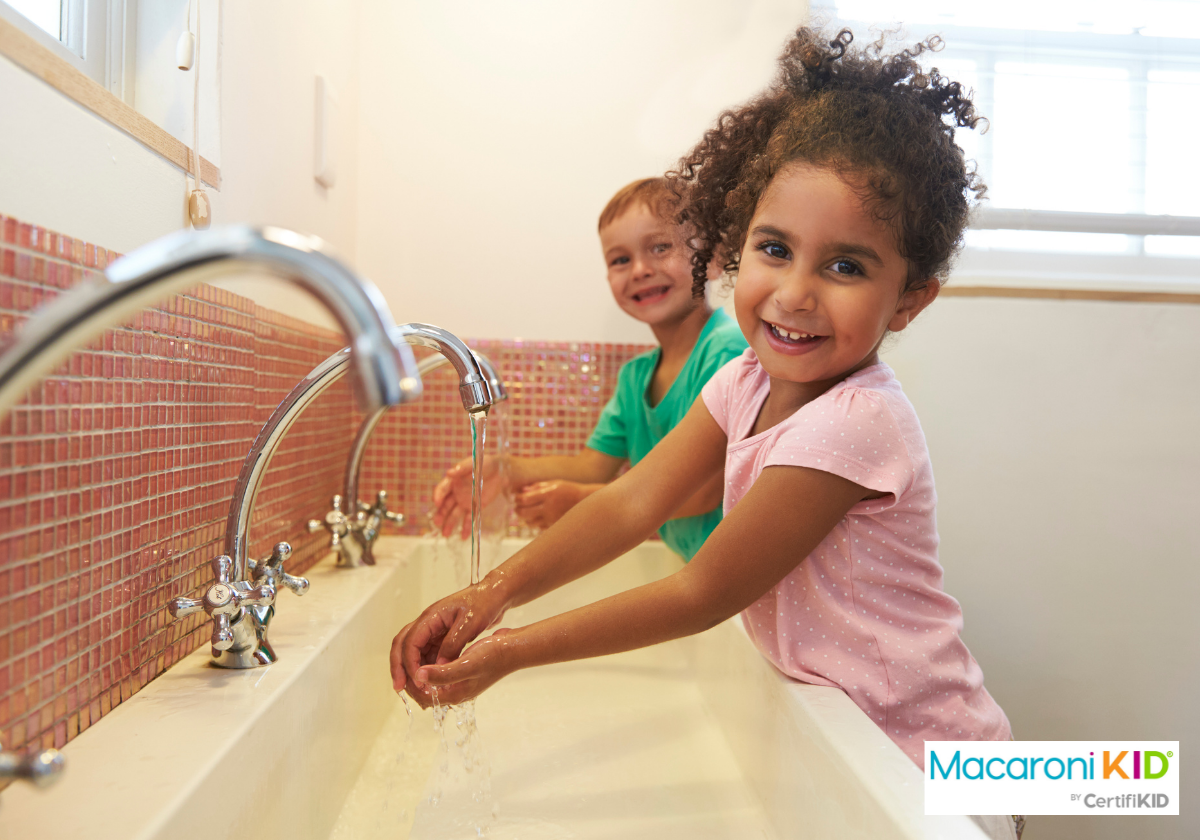 Monkey Business Images via Canva Monkey Business Images via Canva |
In the bathroom:
- Button and unbutton pants
- Use the bathroom: wipe, flush, and wash their hands
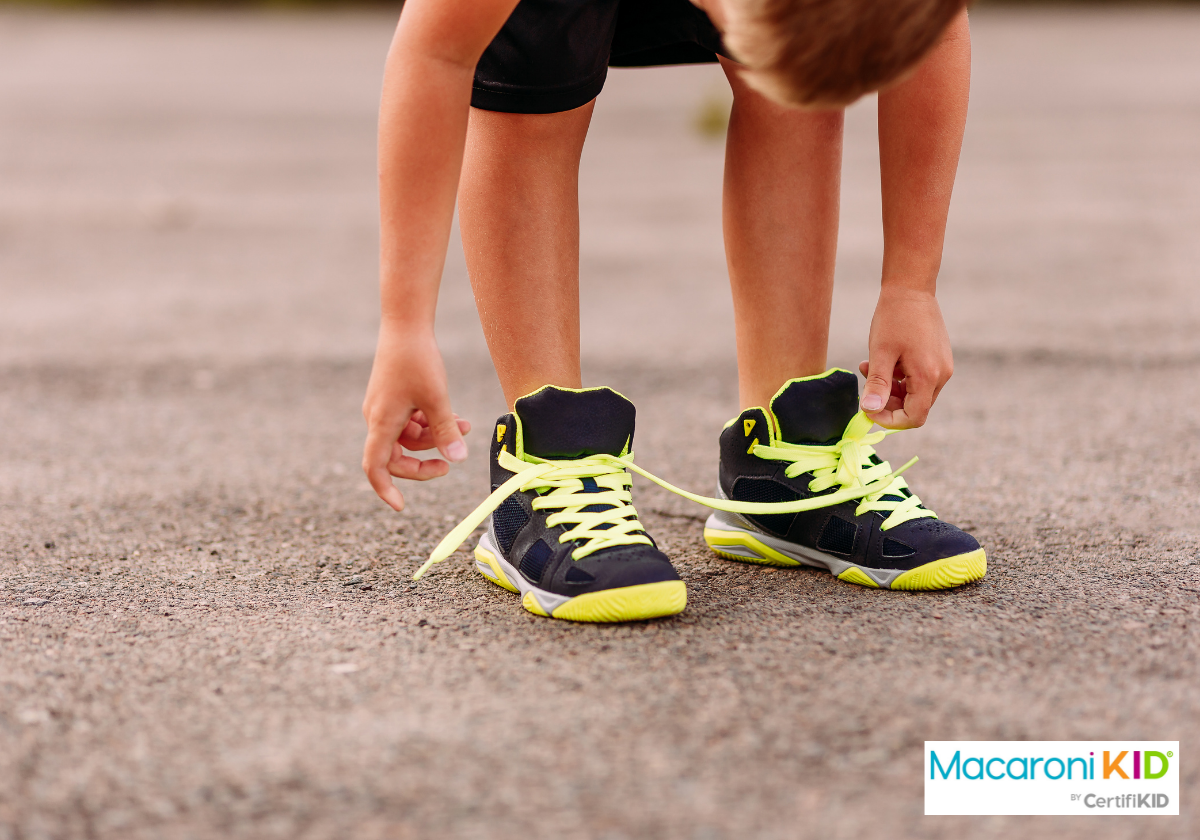 Getty Images via Canva Getty Images via Canva |
Their shoes:
- Put on and take off their shoes
- Tie or buckle their shoes
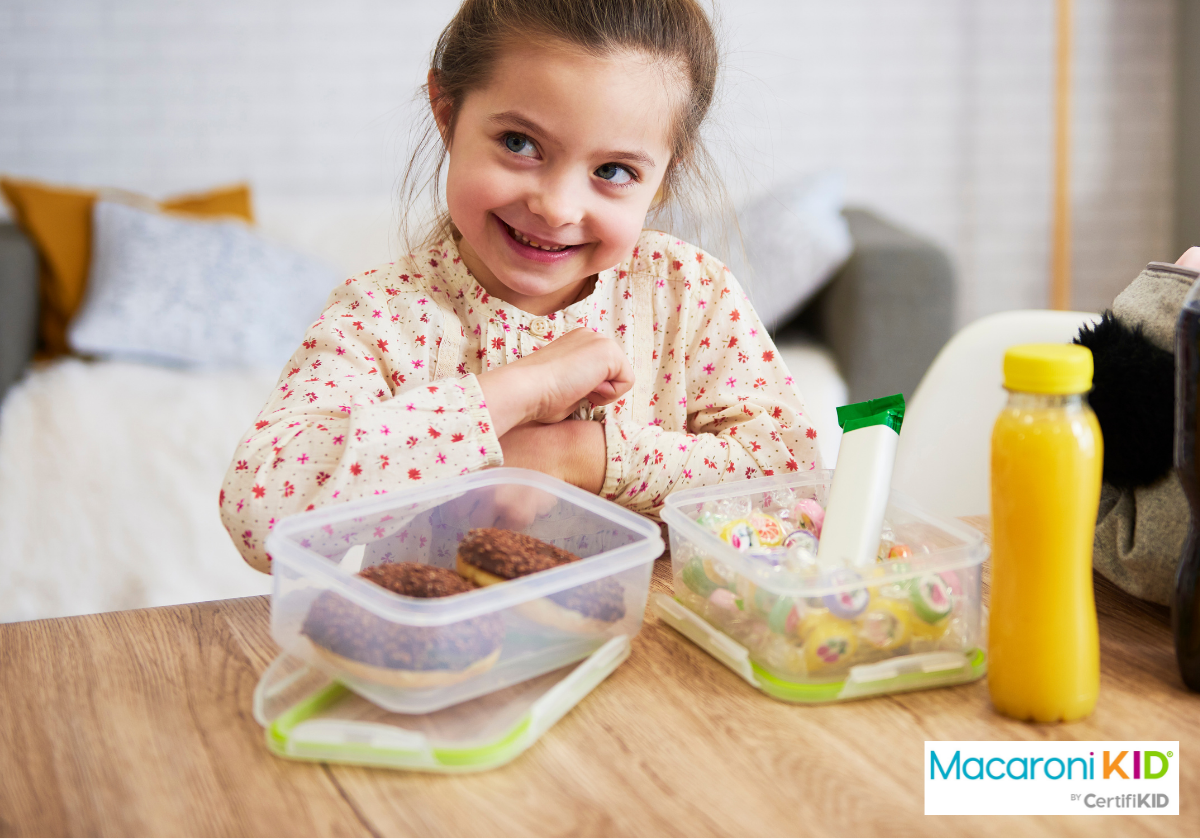 Avatar Gpoint Studio via Canva Avatar Gpoint Studio via Canva |
Classroom etiquette:
- Wait their turn, share, and follow step-by-step instructions
- Wait for designated times for snacks and lunch
- Raise their hand and wait to be called on
- Explain their needs or wants clearly
- Know what to do when something goes wrong – whether they feel scared, alone, or sad.
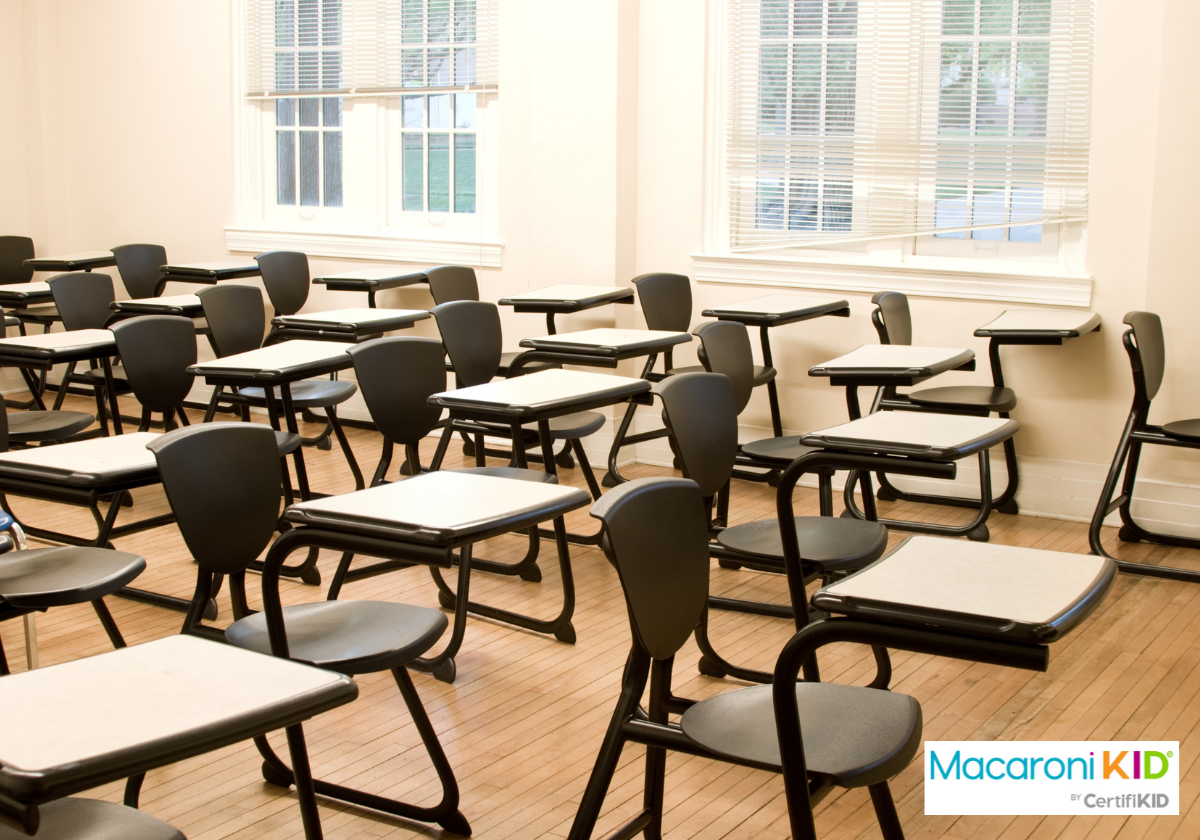 Getty Images Signature via Canva Getty Images Signature via Canva |
Classroom etiquette:
- Wait their turn
- Share
- Follow step-by-step instructions
- Wait until specific times of day for snacks and lunch
- Raise their hand and wait to be called on
- Explain what they need or want
- How to ask for things (I.e. "May I please get a drink of water?" Rather than “I’m thirsty.”)
- What to do when something goes wrong – when you feel scared, alone, sad

